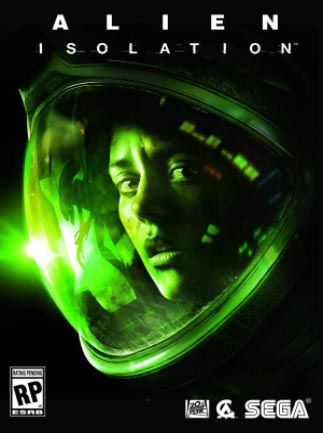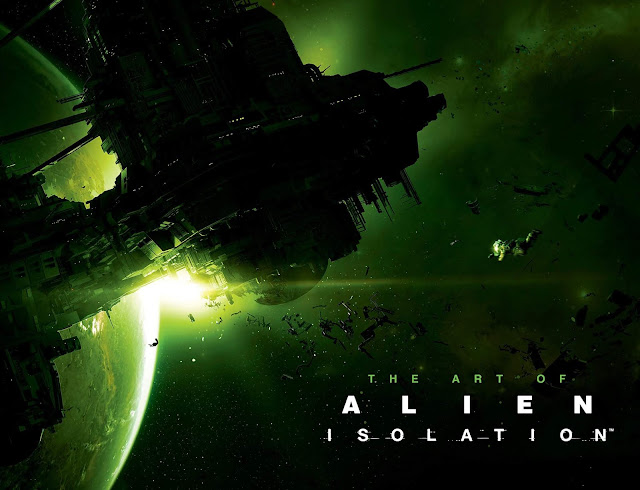I heard it third hand that a Chinese tech mogul recently said in conversation: "Life is like a video game." He was referring to the ups and downs of his business strategy, as he bounced off obstacles, initiated new strategies, and climbed to new levels. His personal net worth is over USD $80 billion and he is not yet thirty years old. If gaming got this mogul where he is now, what skills was he espousing? Aside from the real life story of USD $80 billion, what parallel story is told with those skills in virtual reality?
Firstly, gamers react coolly when dealing with challenges. Secondly, gaming teaches lessons in adaptability and resourcefulness. The next time you come back in the game, you may be the opposite gender, or no gender at all. You may be a machine. You may be an animal. Difficulty settings can be changed. So can resource levels. Simulated environments offer the impossible and the chaotic as normal aspects of existence. You have to give up control to the system.
Thirdly, many aspects of gaming echo earlier concerns of a priestly class, not least of which is choice. The virtual was once the domain of the divine and celestial, but our imaginations are now largely captured by technology.
As with religion before them, video games insist on the free will of the player and the values that inform free will choices. This means that the gamer's survival depends on thousands of instinctive reactions. In early designs, games rewarded honourable instincts over fear, lust, vanity, greed, betrayal, and lies. Later, survival became gaming's paramount virtue, indicated by the exchange of cheat codes, which allowed the gamer to bend the game's rules in his or her favour.
Fourthly, gaming depends on parallel responses, made between different dimensions. We all now click back and forth between the real and the virtual. But gamers do it consciously. They live two lives. They know how those lives intersect and affect each other. It is not that different from prayer, meditation, and other spiritual practices: perhaps you have to push a red button in the virtual at 5 a.m. to be able to get a coffee in the real at 3 p.m.
As gamers learn how the larger dynamic between the virtual and the real works, they advance ahead of the people who engage unconsciously with the dynamic, and waste countless hours on web-surfing, messaging, and
Facebook. The conscious capitalization of the interplay between these two dimensions is not as fanciful as it seems. The real-virtual dynamic is now a fact of life in marketing. Mobile phones listen to what we say in the real and then tailor ads for our subsequent virtual experience. See
Narcity's 2018 article:
There's A Reason Why You Keep Getting Ads For Things You’ve Talked About But Haven't Actually Searched Up Online.
Alien: Isolation 1080p Full HD Longplay Walkthrough Gameplay No Commentary (20 September 2015). Video Source: Youtube.
Fifthly, each new technological medium offers different opportunities in a system with changed rules. Above is an eight-hour-long, no commentary gameplay from
Alien: Isolation (2014). This survival horror sci-fi sequel continues the story line fifteen years after the first
Alien film (1979).
Amanda Ripley, daughter of Ellen Ripley, is sent to recover the flight recorder from her mother's spaceship, the ill-fated
Nostromo. The salvage operators who found the recorder docked at a space station called the
Sevastopol and have since disappeared.
As I discussed in earlier posts (
here,
here, and
here), this long gameplay shows how video games offer a hybrid of the minute-by-minute drudgery of daily existence, combined with the elegant and dubious process of story-telling, in which our brains expect answers and project higher meaning onto events.
Alien: Isolation's 2014 game flashback to the film version of Nostromo. Image Source: imdb.
The original. Image Source: viator.
Each technological advancement in the real world offers new media for story-telling. The
Alien franchise winds through films, books, television, graphic novels, video games, and mobile phone entertainment. In-story tropes cryptically reflect the real-world considerations of budgets available for new platforms, varied creative teams and production companies, and changing creative priorities across decades.
Different technologies prioritize different aspects of story-telling. A mobile phone game
sequel to
Alien: Isolation, entitled
Alien: Blackout, was released in January, 2019 (a trailer is
here). Its instructions: outsmart the alien; command your crew to safety before the power goes out; survive or die.
Alien: Isolation and
Alien: Blackout follow the disjointed conventions of the
Alien franchise, in which aliens, androids, and trained space crews are locked in a give-and-take of destruction, Promethean experimentation, and human counter-moves and reconstruction. This chess game is punctuated by mass killings, exploding equipment, and amnesia-inducing decades of hypersleep. This franchise presents an overall, ongoing narrative of survival of the fittest.
The greater story may not deviate much, but the foci within it do. New media do change how we present reality to ourselves and what higher meanings we retain and prioritize as we do so. In
Alien: Isolation,
critics found that Amanda Ripley was a weak echo of her mother's strongly-imagined character. Ellen Ripley is considered one of the best protagonists in film history, and "
one of the first female movie characters who isn't defined by the men around her, or by her relationship to them." However, Amanda is not a cinematic character. She may not need to be that interesting for video game purposes. Gaming lends itself more to the process of narrative and free will choice to survive within that process, than it does to strong characterization.
At one point in the gameplay, the designers poke fun at the futility of going within: "Imagine your problems are wrapped up in a package that is floating away on a river." Healing meditations will not help when the monsters are coming to get you.
- All copyrighted material belongs to copyright holders and is reproduced here non-commercially under Fair Use.








Comments
Post a Comment